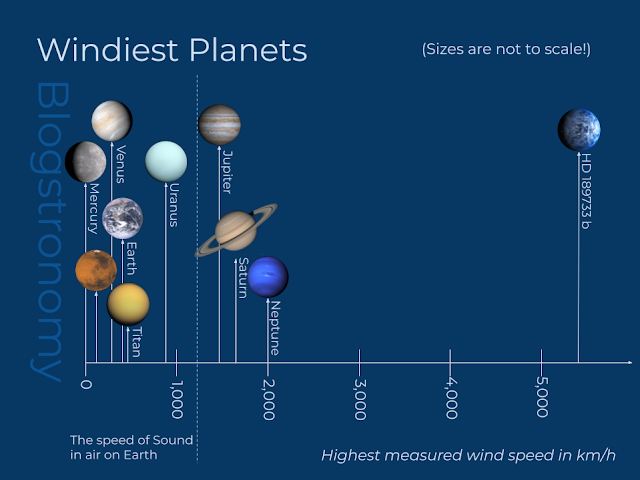When will Neptune complete its first orbit since discovery?
| Neptune, with moons Proteus, Larissa and Despina |
We need to know a couple of things before we can answer this one...
When was Neptune discovered?
Neptune was first discovered after unexpected peturbations in Uranus's orbit were discovered. A small number of astronomers hypothesised an as yet undiscovered planet to be the cause, and independent calculations by astronomers John Couch Adams and Urbain Le Verrier provided predictions for where to look. On September 23rd 1846, Neptune was discovered within 1° of Le Verrier's prediction.
How long is Neptune's year?
According to NASA Neptune's year is equivalent to 164.79132* Earth years. This is equivalent to about 60,190 Earth days.
When will Neptune complete its first orbit since discovery?
Using the excellent Wolfram Alpha mathematical search engine, I entered the command "23/09/1846 + 164.79132 years" and got the result:
Friday, July 08, 2011Out of interest, however, I also entered the command "23/09/1846 + 60190.03 days" and received the result:
Sunday, July 10, 2011In all honesty, I'm not sure what's causing the discrepancy- it must be something to do with the way Wolfram Alpha (and other date calculators) deals with days and years**. Any ideas from you lot?
My best advice for dealing with this situation is as follows:
Use it as an excuse to throw Neptune a birthday party for the WHOLE WEEKEND.
* This is the most accurate figure I could find- most sources I looked for used 164.79 years, but such a small discrepancy shouldn't really make a difference.
** Other sources I've found have quoted one of these dates, but I'm including both for the sake of honesty. And the fact that it justifies and entire weekend of partying. I've also seen July 12 quoted, but I'm not sure what data has been used to calculate that one.



I've been trying to get some clarification on this too, and I've also been asking on here: http://en.wikipedia.org/wiki/Talk:Neptune#Inconsistencies_in_date_of_completion_of_first_orbit
ReplyDeleteHere's how it appears so far...
The figure of 164.79132 years on the NASA site is in fact Julian years, defined as 365.25 days. Astronomers use them because they're convenient, apparently - seems nutty but it's true.
Alpha uses the mean tropical year, which is the one we actually experience. Hence your confusion with the 8th July date.
If the 60190.03 days figure is correct for the mean sidereal period of Neptune, that should give a date of 10th July, as you say. But that period is only an average. Because of the larger influence of the other planets out there (they are pretty big, and the sun is pretty far away), not all of Neptune's orbits take the same length of time.
The date of the completion of Neptune's FIRST orbit is set, it seems, for the 12th July 2011, not the 10th. The first orbit since its discovery is a couple of days longer than average. This date comes from Ephemeris data from NASA's Jet Propulsion Lab, provided by K Heider, which you can see here:
http://home.comcast.net/~kpheider/nept2011.txt
If you want to be a little more precise... Neptune was discovered by Galle in Berlin on the evening of the 23rd September 1846, which places it at 23±2 hours after 0:00 UT (as used in the ephemeris), which shifts the heliocentric right ascension forward by 1.38±0.12 sec to 22 05 40.48±0.12 at the moment of discovery. That right ascension is 1.26±0.12 sec ahead of the predicted location of Neptune at 0:00 UT on 12th July 2011, meaning that the same right ascension of 22 05 40.48±0.12 will be reached at 21±2 hours after 0:00 UT...
In other words, if those ephemeris data are correct, the first orbit of Neptune since the moment of its discovery will be completed at some point between 7pm and 11pm GMT on the evening of 12th July 2011, (with the vast majority of the uncertainty being due to not knowing what time the original discovery was made on that evening).
I'm open to corrections though...
(Galileo saw it first in 1612 – it's completed nearly two and a half orbits since then! But he thought it was a star.)
Thanks for the comment, Bob! That's exactly the kind of comment I enjoy getting on these posts. It's nice to know that there are other people out there with enough of an interest in these topics to go digging for further clues and info!
ReplyDeleteIt looks like the 12th, then, whilst the least reported of the three dates, is possibly the most accurate. However, from the point of view of someone who likes both astronomy and parties, I'm still inclined to go for the 8th-10th idea if only because it spans a weekend ;-)
I still prefer the whole weekend party idea!
ReplyDeleteHi - after lots of thinking and communication with folks and messing around with interpretations of 'orbit' and different types of ephemeris data, I've concluded that the actual date is the 11th (at about 22:00 UT). As you say, it doesn't matter if you're going for a weekend party anyway! But in case you're interested, I've set out the whole thing in a blog post here.
ReplyDeleteThe argument for the 12th is flawed because it ignores the motion of the Sun around the barycentre of the Solar System.
It's been a fascinating thing to investigate.
Hope you enjoy your party!
Hi again,
ReplyDeleteThanks for the further comments; I've just posted a link to your post!